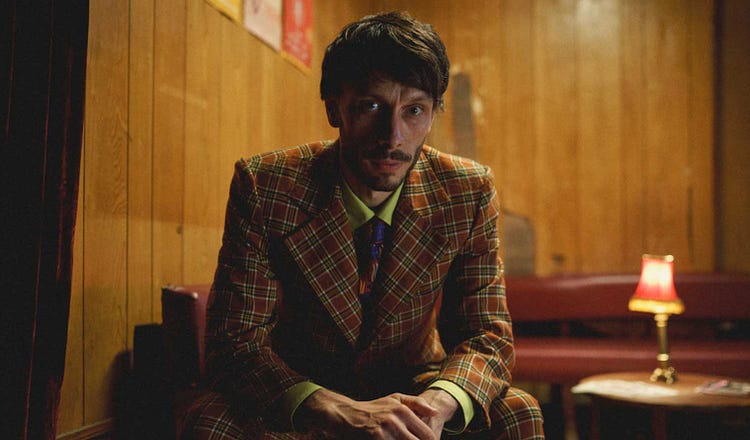Baby Reindeer Is a True Story—But Whose True Story?

Richard Gadd as Donny Dunn in Baby Reindeer. (Netflix)
If you turn your trauma into the most talked-about show on Netflix—are you still a victim?
428
This article contains spoilers.
Nora Ephron’s famous line, “Everything is copy” has often struck me less as advice for writers than permission to indulge one of our baser instincts: to search for the good story inside every bad experience. The classic journalist’s response to tragedy, so common it’s practically a cliché, is to reach for a pen—as if grief…
Continue Reading The Free Press
To support our journalism, and unlock all of our investigative stories and provocative commentary about the world as it actually is, subscribe below.
$8.33/month
Billed as $100 yearly
$10/month
Billed as $10 monthly
Already have an account?
Sign In


